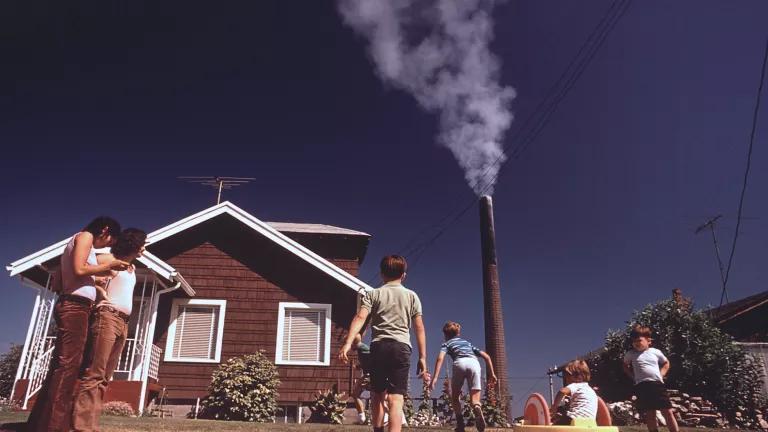NRDC Project to Develop Recommendations for Environmental Monitoring Related to Unconventional Oil and Gas Extraction
Oil and gas development using hydraulic fracturing has expanded dramatically in recent years, putting facilities in close proximity to communities and raising concerns about exposure to pollution and health impacts. Pollution concerns range across all stages of the process, including pad construction, drill set-up, drilling, hydraulic fracturing, oil or gas extraction, well decommissioning, and land restoration. At the same time, limitations in federal environmental and state laws and regulations have resulted in a paucity of data to evaluate pollutant levels and human exposures. The lack of federal oversight and regulatory consistency has resulted in a patchwork of state and local rules, investigations, and assessments yielding inconsistent, incomplete, and contradictory data.
In response, NRDC launched a project to identify recommended practices for conducting air and water monitoring projects or programs to inform public health assessments and protections near oil and natural gas production where unconventional gas extraction is utilized.
In December 2013, NRDC co-hosted a two-day workshop with the Harvard Center for Health and the Global Environment, the Mid-Atlantic Center for Children's Health & the Environment (MACCHE) [1], and the Health Effects Institute (HEI). Attendees included scientific researchers, policy analysts, and environmental health experts, state environmental agencies, industry health and safety representatives. Discussions centered around identifying recommended practices for air and water monitoring.



